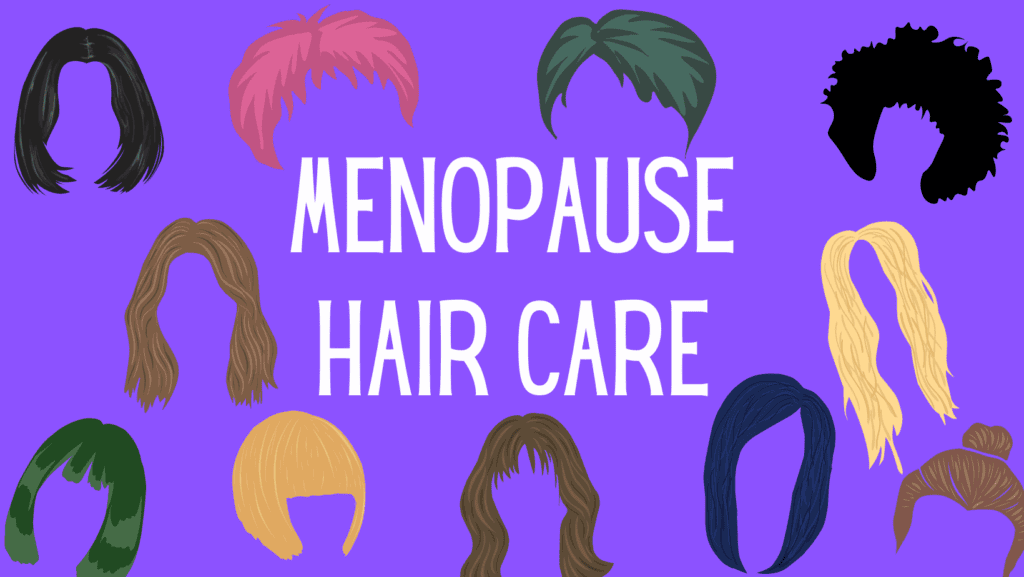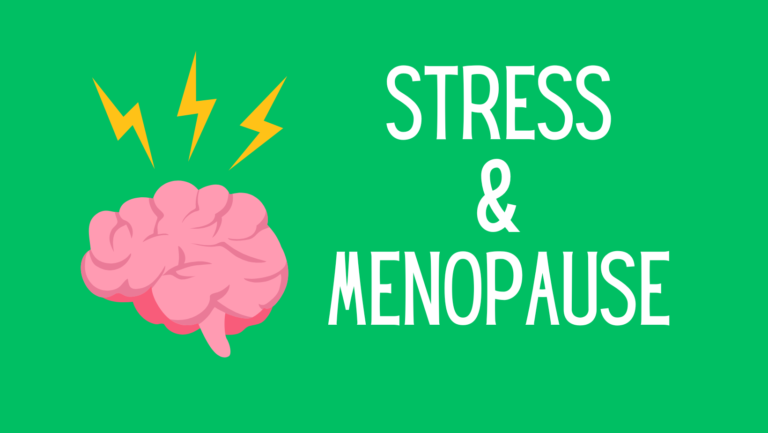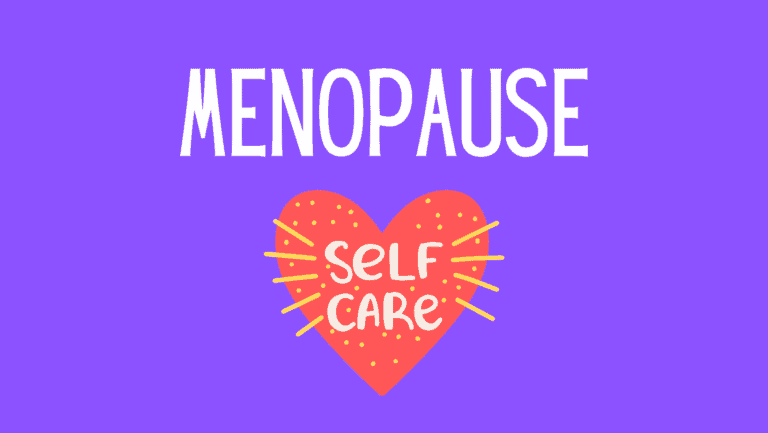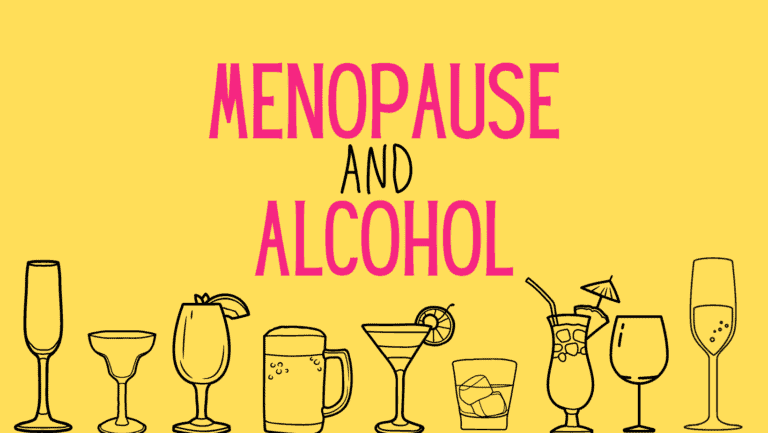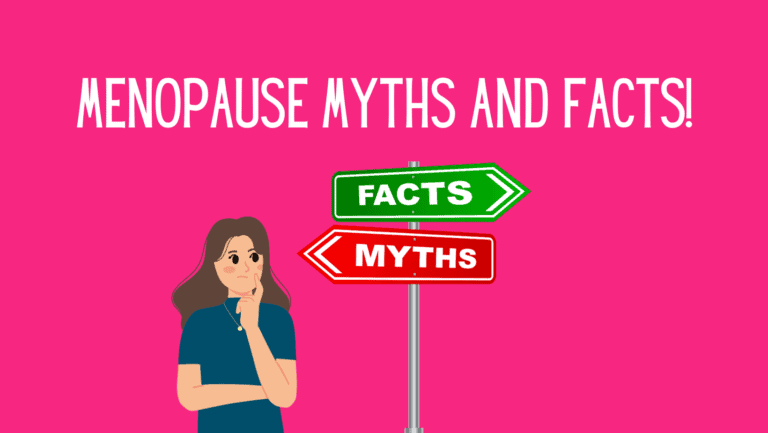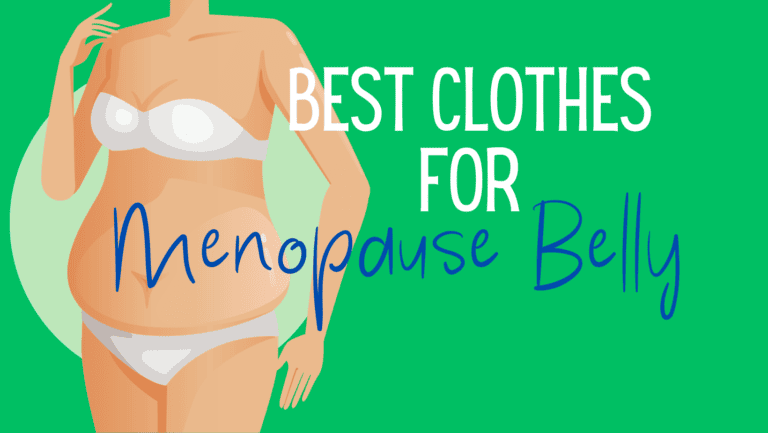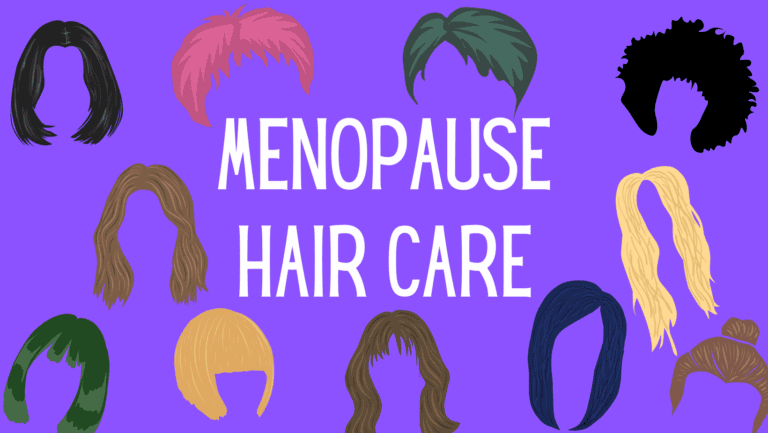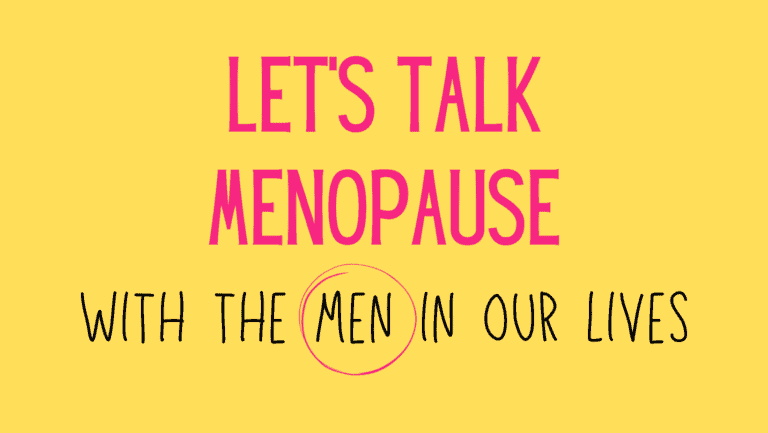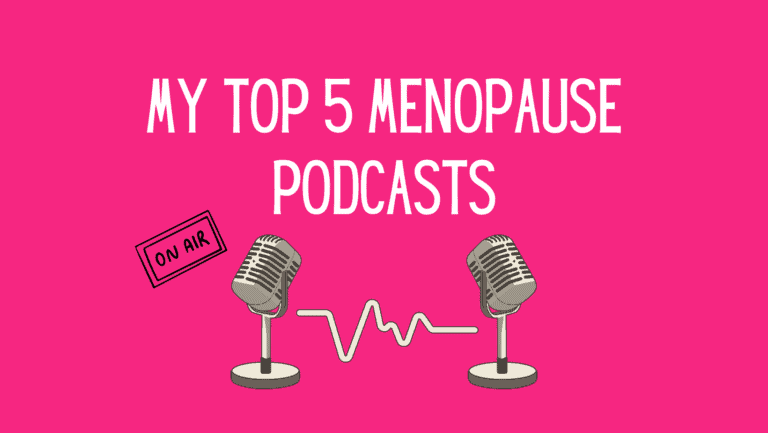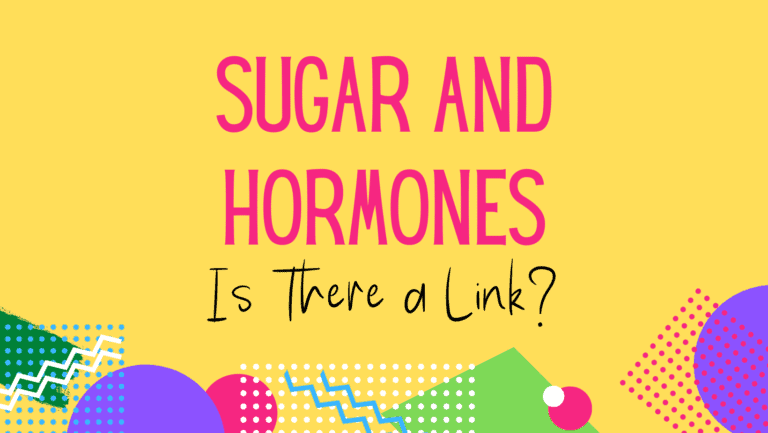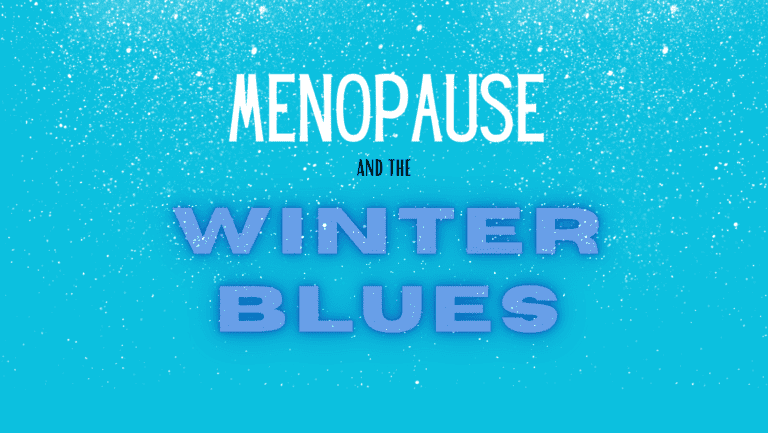
Essential Menopause Hair Care Strategies for Strength and Growth
Like me, if you’re facing hair loss or thinning with menopause, you’re likely looking for ways to combat these unwelcome changes and create a rock solid menopause hair care routine.
My blog post on menopause hair care cuts through the confusion, providing clear explanations and practical tips on managing menopausal hair issues.
I will try and help you understand the hormonal effects on your hair and guide you through essential care and styling tips to keep your hair looking its best.
Hair issues are one of the MANY symptoms of menopause and can cause us to have less confidence, feel anxious and let’s be honest want to hide and avoid being sociable.
Read on and see if there is anything you can take away from this post to help you.
Key Takeaways:
- Menopause leads to hormonal changes that cause hair to experience a shorter growth phase, increased thinning, and scalp dryness, resulting in dull and weakened hair.
A balanced diet enriched with supplements like zinc, iron, and vitamins—coupled with hydration—is crucial for supporting hair health and countering menopausal changes.
Selecting appropriate hair care products and treatments, addressing scalp sensitivity, and adopting proper hair care routines are vital for maintaining and revitalizing hair during menopause.
Understanding Menopause's Impact on Hair

During menopause, our hair undergoes significant changes due to fluctuations in hormone levels. Specifically, estrogen and progesterone levels shift and disrupt the typical hair growth cycles.
Lower estrogen levels often lead to a shorter hair growth phase and a delayed regrowth stage, which can cause hair strands to thin and overall hair density to decrease.
These hormonal changes can also alter the production of natural oils that lend hair its smoothness and lustre, potentially causing hair texture to change.
Lower estrogen levels during menopause lead to decreased sebum production, resulting in a drier scalp and hair strands, giving rise to dull, lifeless hair. The reduction in natural oils can lead to a pH imbalance of the scalp, causing hair cuticle cells to lift and separate, which exacerbates the hair’s rough and dull appearance.
Progesterone impacts hair growth during menopause by affecting the conversion of testosterone to dihydrotestosterone in the hair follicle. Thyroid hormones are crucial for skin and hair follicle function, and their roles include influencing hair pigmentation, growth phases, and cellular proliferation.
Ultimately, hair during menopause generally:
grows slower – or hardly at all in my case!
sheds more
becomes finer, resulting in fine hair and thinner hair strands
has a higher propensity for breaking due to a weakened hair shaft
The overall effect of menopause on hair follicles includes a shorter hair growth cycle and increased thinning, which is largely attributable to hormonal fluctuations.
Even though we know this and understand why it happens it doesn’t take away from the fact of how hard this can be.
If you feel gutted about your hair loss, I’ve got you, I’ve been there and I was desperate.
Identifying Menopausal Hair Loss Symptoms
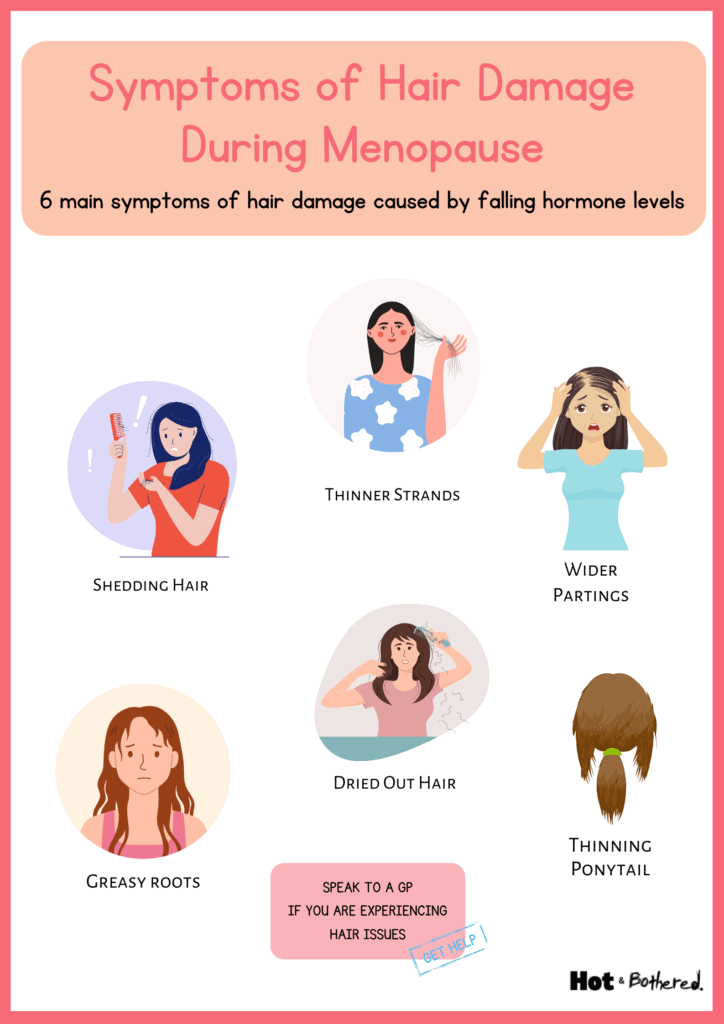
Having established how menopause affects our hair, we can delve into the identification of menopausal hair loss. It typically manifests as overall thinning across the scalp, rather than distinct bald spots, impacting areas like the front, sides, or top of the head.
My hair loss was on my temples and general thinning. If I wore my hair down you see right through it!
During menopause, you may notice an increase in hair loss, including female pattern baldness, with menopause hair loss becoming more evident as hair falls out in large clumps during routine brushing and showering.
A slower rate of hair renewal due to hormonal changes during menopause causes menopausal hair thinning to become more visible.
Common symptoms of hair damage include:
Increased shedding – (for perimenopause hair loss, check out this post)
Thinner strands
Greasy roots
Drier feel to the hair
Thinner ponytail
Wider partings
Understanding these symptoms can help you take appropriate action early.
Boosting Hair Health with Nutrition and Supplements

Despite menopause’s potential disruption to our hair’s natural balance, several methods exist to counter these changes, one of which includes proper nutrition and supplements.
Nutritional supplements like Ginkgo Biloba B+, which includes ginkgo biloba, vitamin B complex, and other botanicals, are recommended for reducing hair loss and encouraging healthy hair regrowth during menopause.
Supplements that can be beneficial for hair health include:
-
Zinc
-
Copper
-
Iron
-
Vitamins A, D, and E
-
L-cysteine
-
Orthosilicic acid
However, it is important to take these supplements with medical supervision. Additionally, Pause the Meno, a vegan protein powder, is formulated to support women experiencing menopausal symptoms and encourage healthy hair regrowth.
A balanced diet with an emphasis on adequate protein intake, sulfur amino acids, and low glycemic index foods is essential for keratin synthesis and overall hair health during menopause.
Dietary fats influence steroid hormone synthesis from cholesterol, which is important for hair retention, and the amino acid L-lysine contributes to hair shape and volume. Vitamin D aids in hair follicle differentiation, while a blend of other vitamins and minerals, such as C, B-group, and polyphenols, supports hair growth and health.
Lastly, proper hydration is critical for maintaining the hydro-lipid layer on the scalp’s surface, which is fundamental for hair health. I am the worst for this and even now, knowing what I know, I still don’t drink enough water!
Top Hair Care Tips for Menopausal Hair
Alongside nutrition and supplements, embracing appropriate hair care practices is vital.
A significant tip for menopausal hair care includes choosing gentle shampoos and conditioners that are specially formulated to bolster hair strength and resilience, thereby minimizing the risk of breakage.
Let’s also remember that our hair becomes more vulnerable during menopause. So, we should minimize the use of heat styling tools and explore heatless styling methods to prevent damage and maintain healthier hair. Embracing these care tips can go a long way in preserving the health and beauty of our locks during menopause.
Selecting the Right Products for Menopausal Hair

The selection of appropriate hair care products is of equal significance during menopause.
Given the hormonal changes that cause brittle hair to thin, become fine, and more prone to breakage, it becomes imperative to select shampoos and conditioners designed to strengthen hair and mitigate breakage.
Products like L’Oréal Professionnel Serioxyl, Pantene Pro-V Miracles Grow Strong, and Garnier Ultimate Blends Honey are formulated with ingredients like biotin, bamboo, and peptides to promote hair growth, improve hair’s bounce, shine, and thickness, combatting the effects of menopause.
Moreover, menopausal hair benefits from the following hair care products:
Shampoos without harsh cleansing agents retain natural oils and minimize frizziness
Products designed to strengthen hair and minimize breakage
Products that maintain hydration
Sulfate-free options to avoid further drying out delicate hair strands
Addressing Scalp Sensitivity and Inflammation

Maintaining a healthy scalp is equally important in managing menopausal hair changes. Here are some tips to keep your scalp healthy:
Massage the scalp with natural oils like coconut, olive, or castor oil to moisturize and prevent itching.
Use lukewarm water instead of hot water to maintain the natural oils on the scalp and reduce dryness and inflammation.
Use shampoos containing natural ingredients such as aloe vera and mint to soothe inflammation and improve blood flow to the scalp, helping to manage sensitivity and encourage hair growth.
Regular shampooing with mild, pH-balanced shampoo helps maintain proper scalp hygiene without causing additional irritation.
Using a wide-toothed comb or brushes with soft bristles can prevent unnecessary damage and avoid irritating a sensitive scalp.
Adopting low-tension hairstyles such as loose braids and buns minimizes the risk of breakage and alleviates pressure on the scalp which can irritate.
Itchy skin in general is a very common symptom of perimenopause and menopause.
Taming Texture Changes: Smoothing Treatments and Techniques

Texture changes can be a particular challenge during menopause. However, at-home smoothing treatments, such as Keratin Complex Infusion Therapy Replenisher, Olaplex No. 6 Bond Smoother, and Hask Keratin Protein Smoothing Deep Conditioner, can help manage wiry or curly hair texture changes by replenishing shine, fighting frizz, and using bond-building technology to smooth hair.
Innovative at-home hair repair options include:
K18 Leave-In Molecular Repair Hair Mask: provides a quick-acting solution that repairs damage
Nutree Professional Amazonliss and GK Hair Global Keratin Treatments: offer long-lasting smoothing effects reminiscent of salon-grade services
Moroccan Keratin Brazilian Keratin Hair Treatment sets: deliver a complete home-based system for smoothness that can last for several months
Keratin Research Complex Brazilian Keratin Hair Blowout Treatment: incorporates oils like argan and coconut for additional strength and straightening.
Deep conditioning treatments are also enhanced by innovative ingredients. Some examples include:
Kérastase Resistance Mask for Damaged Hair: contains a mix of keratin, amino acids, and ceramides to rebuild and smooth the hair cuticle, ideal for dry or damaged menopausal hair.
Moroccan Keratin: offers in-salon keratin treatments that rebuild and smooth hair structure for a sleek look that is effective for several months.
Nutree Professional: also offers in-salon keratin treatments that rebuild and smooth hair structure for a sleek look that is effective for several months.
These treatments are great options for achieving long-term smoothing and improving the health of your hair.
Embracing Hair Extensions and Volumizing Styling Tricks

Who says you can’t have some fun with your hair during menopause? Here are some tips to add length and volume for a natural effect, suitable for thinning hair in menopause and achieving thicker hair:
Use clip-in hair extensions, particularly lightweight options like those weighing 160g
Use volumizing products like Bumble and Bumble Thickening Plumping Mask, volumizing dry shampoo, and hairspray to boost fullness
Secure clip-ins effectively with a firm base at the roots
Style extensions with waves or curls and add height at the front of the hairstyle to create a fuller appearance
Layer extensions to achieve a natural blend with your hair
Embracing styling changes with a positive mindset enhances self-confidence and the overall experience of revitalizing hair during menopause.
I can’t tell you how many times I hid my hair under a baseball cap when I really could have invested in some safe hair extension.
When to Consult a Trichologist or Doctor
Despite the multitude of strategies available to manage hair during menopause, professional guidance may sometimes be required.
Should you experience persistent hair loss during menopause, especially when accompanied by other menopausal symptoms like hot flashes, insomnia, and mood swings, or if the hair loss is sudden, it is advisable to seek consultation with a healthcare professional.
Diagnostic tests like a complete blood count and thyroid tests are essential to exclude other potential causes of hair loss, such as:
genetic factors
hormonal changes unrelated to menopause
underlying medical conditions
certain medications
stress
hairstyles
Hormone replacement therapy (HRT) can be beneficial in slowing down or stopping hair loss for some women during menopause by replacing estrogen, which is crucial for maintaining moisturised and strong hair, though its effects can be unpredictable.
To share my personal Experience with my combination of HRT – I found that my hair did regain it’s thickness within a few months of being on HRT.
Summary
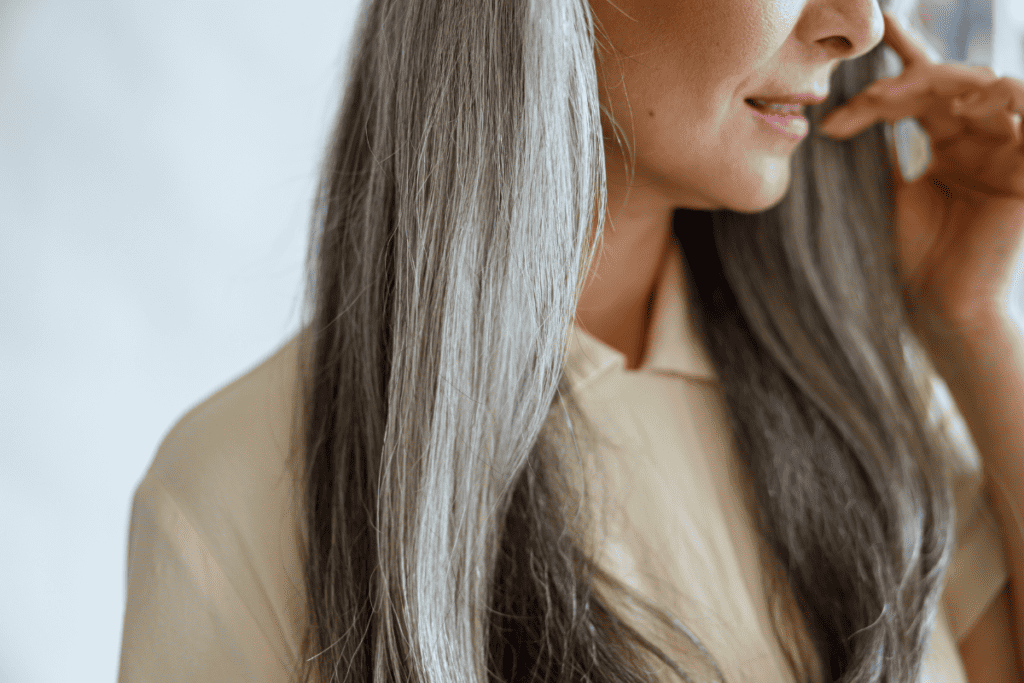
To summarize, navigating through the changes that menopause brings to our hair can be challenging, but it is not an insurmountable task. With the right information, proper hair care practices, and possibly professional help, we can maintain the health and beauty of our hair during this stage of life.
Remember, menopause is a natural part of ageing, and the changes that come with it, including those affecting our hair, can be managed effectively.
Let’s embrace this stage of life with grace, wisdom, and a head full of beautiful hair!
Kathryn x
Frequently Asked Questions About Menopause Hair Care
How can I thicken my hair during menopause?
To thicken your hair during menopause, consider using minoxidil 5% foam daily and taking supplements like biotin, collagen, and vitamin C. Additionally, use thickening shampoos and keratin masks while avoiding excessive heat styling or brushing to prevent breakage.
What does menopause do to your hair?
During menopause, the decrease in estrogen levels can lead to hair shedding, thinning, change in texture, and dryness due to its impact on the hair growth cycle, scalp and follicle health, and natural oils.
How can I identify menopausal hair loss?
You can identify menopausal hair loss by looking for general thinning across the scalp instead of distinct bald spots, as well as an increase in hair loss, with hair falling out in large clumps during routine brushing and showering.
What supplements can help improve hair health during menopause?
Consider taking supplements like Ginkgo Biloba B+ that contain ginkgo biloba, vitamin B complex, and other botanicals to reduce hair loss and promote healthy hair regrowth during menopause.
How do I choose the right hair care products during menopause?
Choose gentle shampoos and conditioners targeting hair strengthening and breakage reduction, and consider sulfate-free shampoos to retain natural oils and minimize frizziness in menopausal hair.
Disclaimer: I am not a medical professional, herbal or physical therapist, and I am not educated in the menopause space. All opinions expressed on this blog are my own and should not be taken as medical advice. This blog is intended to share my personal experiences and insights, and should not be used as a substitute for professional advice. Please consult a qualified medical professional, herbal or physical therapist for any health-related concerns. Additionally, I strive to keep things light and entertaining, but please keep in mind that the topics discussed on this blog may be sensitive or triggering for some readers.
Get Your Free Perimenopause Symptom Checker
Thank you!
Your symptom checker is on its way to you!
